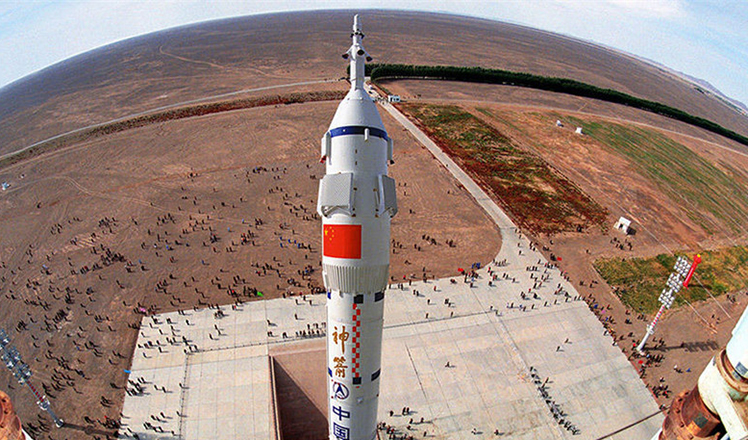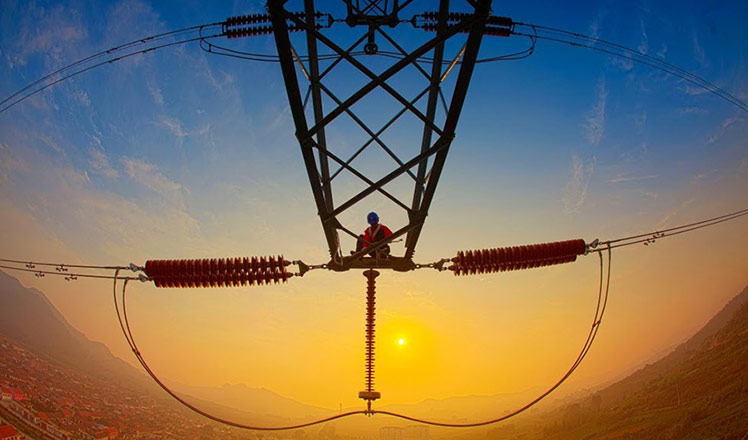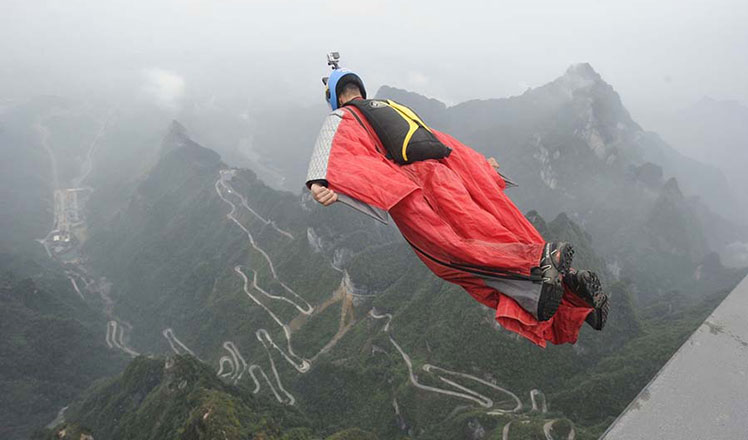X-ray use for security is halted
Updated: 2016-10-14 08:19
By Huang Zhiling and Zheng Jinran(China Daily)
|
||||||||
 |
|
Public security checks using X-rays have been stopped at Shuangliu International Airport in Chengdu, Sichuan province. [Photo/China Daily] |
Checkpoints at airport, train stations in Sichuan give up radiation screening after safety outcry
Shuangliu International Airport in Chengdu, Sichuan province, stopped using X-rays in public security checks on Thursday, according to Gong Yitao, a staff member in the airport's publicity department.
Although Gong offered no further details, the airport apparently made the change in response to a circular issued by the Ministry of Environmental Protection on Wednesday to the Environmental Protection Bureau of Sichuan province telling it to stop using X-ray machines for security screening.
On Wednesday, after the ministry issued the circular, all railway stations in Chengdu stopped using X-rays, according to Tian Xiaochuan, an official at Chengdu Railway Station North.
The circular was issued by the ministry after many passengers complained that X-rays posed a health threat.
At train station and airport checkpoints in Chengdu, passengers were required to stand in front of a machine for about 10 seconds.
All passengers, including pregnant women, were subjected to the procedure without being informed about what the facility was or what it was doing.
The maker of the equipment claimed it used "weak photon emissions", but Zhou Hong, head of the B-Ultrasonic Department at Third People's Hospital of Chengdu, said no such thing exists, and the emissions from the facility were in fact X-rays.
"The producer changed the name of X-rays to 'weak photon', " Zhou said, adding that he had been scanned by an X-ray machine twice in the Shuangliu airport this year.
"Using X-ray for the checks is harmful to human health and is banned in other countries," he said.
The United States started using X-rays for public security checks to discover weapons after the Sept 11, 2001, terrorist attack. But because of public opposition and the development of more sophisticated technology, the equipment was banned.
Contact the writers at huangzhiling@chinadaily.com.cn
- Iraqi forces begin major offensive to retake Mosul from IS group
- Thai PM reassures on smooth succession; coronation after king's funeral
- Serbia adopts draft agreement on visa liberalization with China
- Super moon lights up skies
- Hollande, Merkel, Putin discuss how to implement Minsk peace deal
- Pentagon vows to respond to attempted missile attacks at US destroyer near Yemen

 China's Shenzhou spaceship: A proud family
China's Shenzhou spaceship: A proud family
 Journeys toward prosperity
Journeys toward prosperity
 Female investors rise to top of venture capital companies
Female investors rise to top of venture capital companies
 Peng Shuai claims title of women's singles at WTA Tianjin Open
Peng Shuai claims title of women's singles at WTA Tianjin Open
 Birthday celebration held for panda cubs at Toronto Zoo
Birthday celebration held for panda cubs at Toronto Zoo
 China's top 10 enterprises by revenue in 2015
China's top 10 enterprises by revenue in 2015
 Robots, 3D printed food big hit at Shenzhen Maker Week
Robots, 3D printed food big hit at Shenzhen Maker Week
 Flying over the mountains in wingsuit in Zhangjiajie
Flying over the mountains in wingsuit in Zhangjiajie
Most Viewed
Editor's Picks

|

|

|

|

|

|
Today's Top News
'Zero Hunger Run' held in Rome
Trump outlines anti-terror plan, proposing extreme vetting for immigrants
Phelps puts spotlight on cupping
US launches airstrikes against IS targets in Libya's Sirte
Ministry slams US-Korean THAAD deployment
Two police officers shot at protest in Dallas
Abe's blame game reveals his policies failing to get results
Ending wildlife trafficking must be policy priority in Asia
US Weekly

|

|







